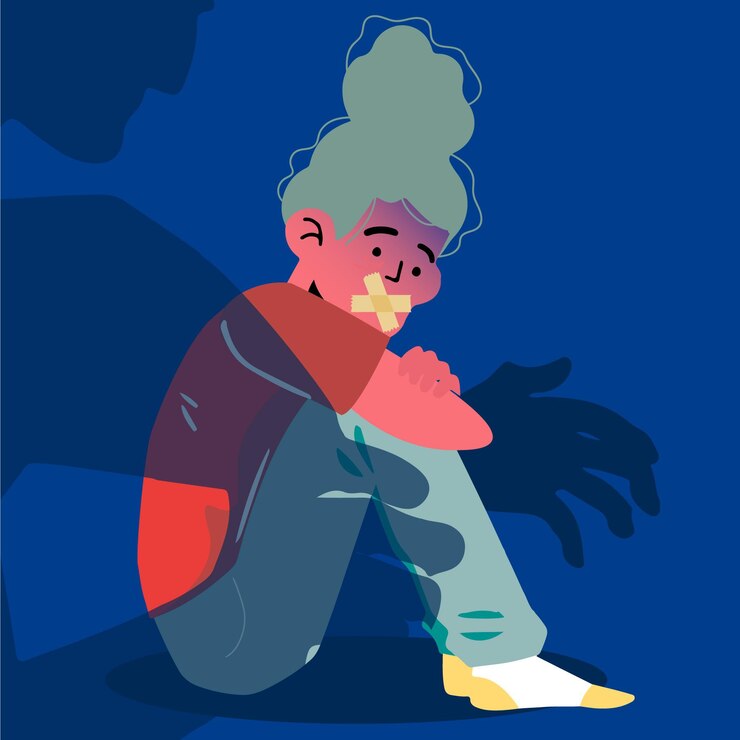
Understanding Schizophrenia and Suicide Prevention: A Simple Guide
Schizophrenia is a mental health disorder that affects how a person thinks, feels, and behaves. It can be a challenging condition to live with, and unfortunately, it is associated with an increased risk of suicide. In this blog, we will explore the warning signs of suicidal ideation in individuals with schizophrenia and discuss ways to seek help and provide support.
What is Schizophrenia?
Schizophrenia is a chronic brain disorder that affects less than 1% of the population. It typically emerges in late adolescence or early adulthood and can cause a range of symptoms, including hallucinations, delusions, disorganized thinking, and difficulty concentrating. People with schizophrenia may also experience social withdrawal, lack of motivation, and impaired communication skills.
Suicide Risk in Schizophrenia
Individuals with schizophrenia are at a higher risk of suicide compared to the general population. Studies have shown that up to 5% of individuals with schizophrenia die by suicide, and many more attempt suicide at some point in their lives. Several factors contribute to this increased risk, including:
- Psychological Distress: Symptoms of schizophrenia, such as hallucinations and delusions, can cause significant psychological distress, leading to suicidal thoughts.
- Social Isolation: People with schizophrenia often struggle with social relationships and may feel isolated and alone, which can exacerbate feelings of hopelessness and despair.
- Co-occurring Conditions: Substance abuse, depression, and anxiety are common co-occurring conditions in individuals with schizophrenia, further increasing their risk of suicide.
Recognizing Warning Signs
It’s essential to recognize the warning signs of suicidal ideation in individuals with schizophrenia to intervene early and prevent tragic outcomes. Some common warning signs include:
- Talking about suicide or death: Expressing thoughts or intentions of harming oneself.
- Withdrawing from social activities: Avoiding social interactions and isolating oneself from friends and family.
- Sudden changes in mood or behavior: Becoming more agitated, irritable, or hopeless.
- Giving away belongings: Making arrangements or giving away prized possessions.
Seeking Help and Providing Support
If you or someone you know is experiencing suicidal thoughts or behaviors, it’s crucial to seek help immediately. Here are some steps you can take:
- Reach out to a Mental Health Professional: Contact a psychiatrist, psychologist, or counselor who specializes in schizophrenia and suicide prevention.
- Call a Crisis Hotline: In moments of crisis, you can call a suicide prevention hotline for immediate support and guidance.
- Involve Family and Friends: Encourage open communication and involve trusted loved ones in the support network.
- Create a Safety Plan: Work with a mental health professional to develop a safety plan outlining coping strategies and emergency contacts.
Conclusion
Schizophrenia is a complex mental health disorder that requires comprehensive treatment and support. By recognizing the warning signs of suicidal ideation and seeking help promptly, we can save lives and provide hope for individuals living with schizophrenia. Remember, you are not alone, and help is available.
To seek medical advice, always consult a Doctor. Here are our recommended experts. Click here
To read more on Neurology. Click Here


